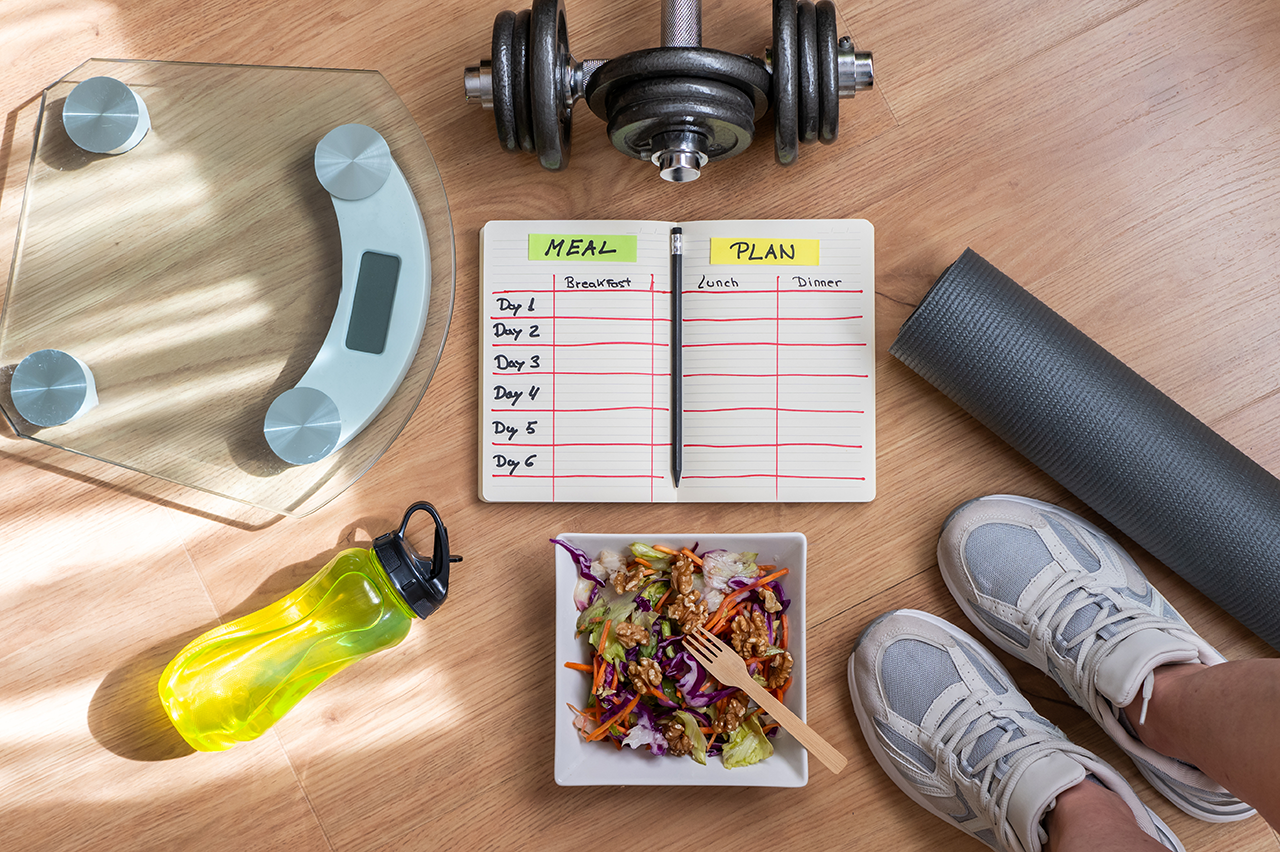
Depression can feel like a weight that holds you back from experiencing life fully. While it may not always be preventable or curable through habits alone, consistent daily practices—often referred to as depression coping skills—can significantly reduce symptoms, build emotional resilience, and improve overall mental health. In this post, we’ll explore practical, evidence-based daily habits that can support your journey through depression and help you regain control.
While therapy and medication are often the foundation of depression treatment, the importance of daily routines is sometimes overlooked. Depression coping skills aren’t just one-time strategies—they’re daily choices that shape how we think, feel, and respond to stress.
Creating structure in your day helps reduce the unpredictability that depression thrives on. Habits give your brain cues to follow, reducing the decision fatigue that often worsens low motivation or hopelessness.
Mornings can feel especially heavy when you’re dealing with depression. Establishing a gentle, uplifting morning routine can shift your mindset before the day begins.
Try this:
These simple acts prime your brain with hope and purpose, serving as fundamental depression coping skills.
Exercise is a proven natural antidepressant. You don’t need intense workouts; what matters most is consistency.
Movement ideas:
Physical activity boosts endorphins, dopamine, and serotonin, which are all key for regulating mood. Make it an intentional part of your depression coping skills toolbox.
A healthy diet plays a surprisingly large role in mood regulation. What you eat can fuel—or drain—your mental clarity and energy.
Supportive nutrition habits:
Depression coping skills that include nutritional awareness can improve brain function and emotional balance.
Mindfulness helps reduce rumination, anxiety, and emotional reactivity. It’s about paying attention to the present moment without judgment.
Begin with:
These practices calm the nervous system and strengthen your ability to observe thoughts instead of being consumed by them—a cornerstone of depression coping skills.
Sleep disturbances are both a symptom and cause of depression. Prioritizing sleep hygiene is essential.
Try:
Good sleep helps regulate mood, energy levels, and focus—making it one of the most impactful depression coping skills.
Too much screen time, especially scrolling social media, can increase feelings of isolation, comparison, and low self-esteem.
Healthy boundaries:
Building awareness of digital habits is a powerful form of depression coping skills in today’s hyper-connected world.
Depression often drives disconnection—but connection is one of the strongest antidotes.
Connection tips:
Building a social safety net provides emotional resilience, making this one of the most powerful depression coping skills.
Depression can sap joy—but engaging in enjoyable activities, even when you don’t feel like it, helps reignite interest and purpose.
Ideas:
Intentional pleasure helps rewire the brain for joy and connection.
When progress feels invisible, keeping a log of achievements—no matter how small—can boost motivation.
Use a notebook or app to:
This fosters hope, which is central to effective depression coping skills.
Daily habits are powerful, but they work best in combination with professional care. Don’t hesitate to reach out to a therapist, counselor, or physician.
Ask for help if you:
There is no shame in seeking support—it’s a strength and a critical part of any long-term depression coping skills strategy.
Depression coping skills are not about "fixing" yourself overnight. They’re about creating a supportive rhythm that sustains you day by day. Each habit you practice becomes a stepping stone toward resilience, healing, and hope.
Start small. Pick one or two habits from this list and commit to them for the next week. Build slowly, track your progress, and be kind to yourself along the way. You’re not alone—and with the right tools, healing is possible.
Need Support?
Our team offers personalized mental health care and guidance on developing sustainable depression coping skills. Reach out today to take the first step toward lasting well-being.